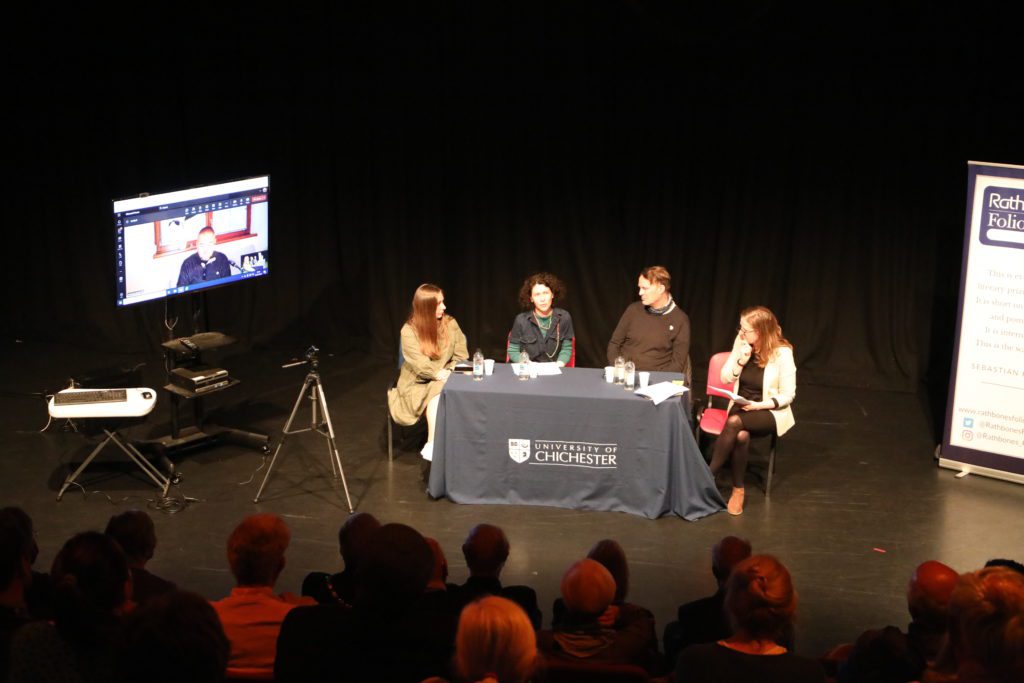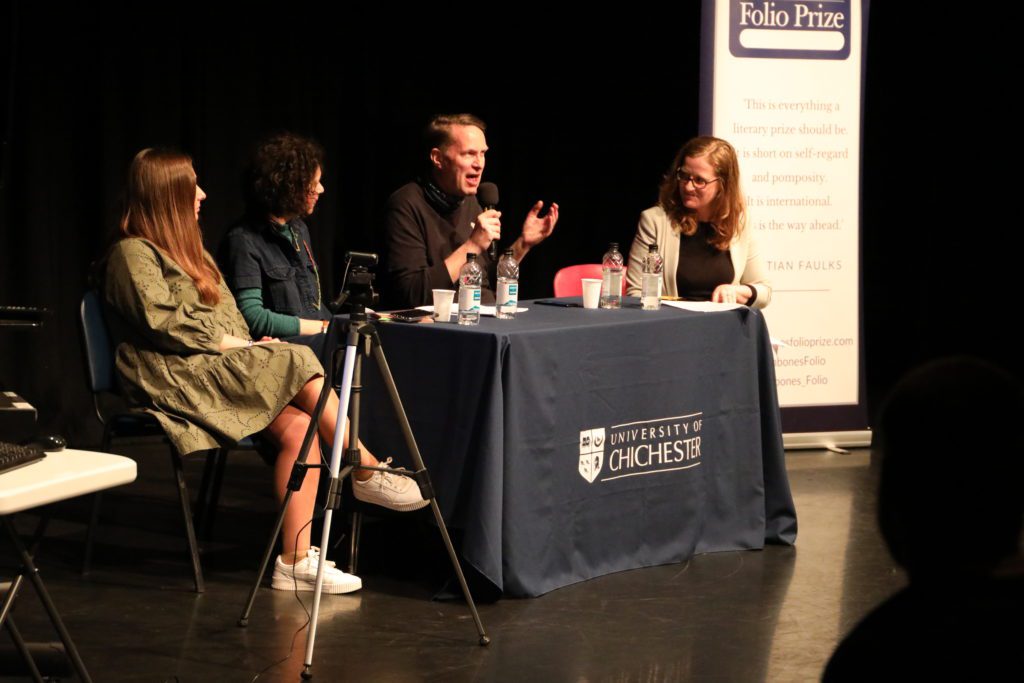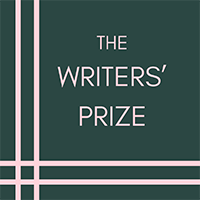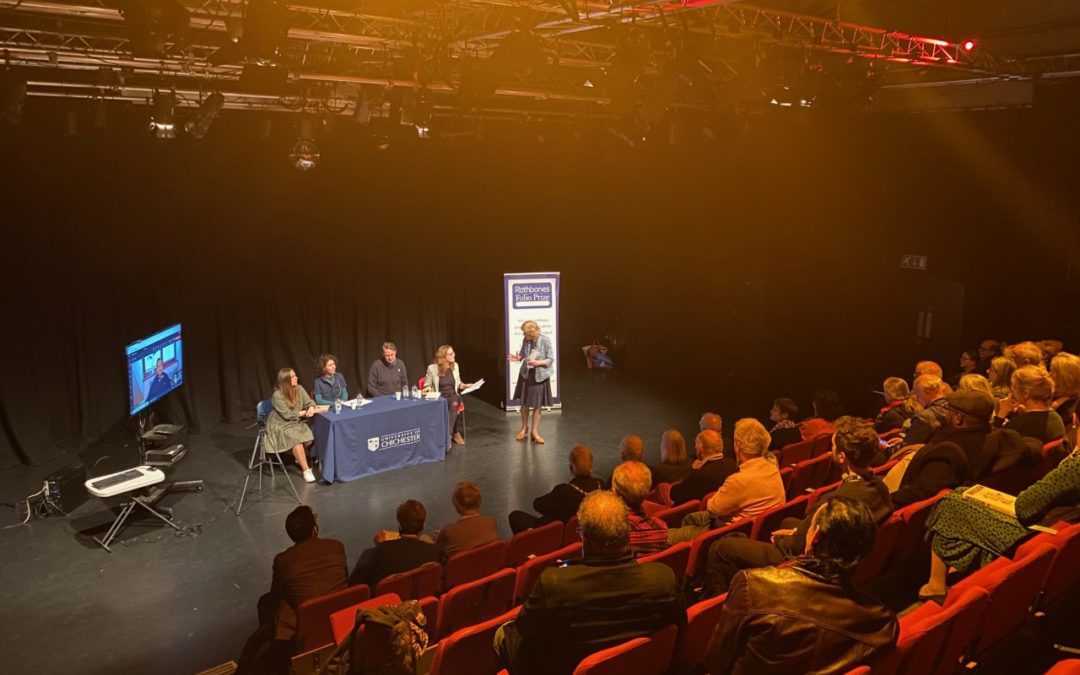University of Chichester digital writer in residence Volodymyr Rafeienko, Guardian foreign correspondent and writer Luke Harding, and poet and translator Sasha Dugdale discussed the act of witnessing through writing, and the effects of connection with other writers through times of war and great upheaval on 21st April in the ShowRoom at the university. Rafeienko joined by video link and was translated by Maryna Mikhailova. The session was conceived and chaired by Suzanne Joinson, Reader in Creative Writing at the University of Chichester.

In his opening remarks Rafeienko stated that writers have a responsibility to look at and respond to current events; furthermore they have a duty to uphold truth, and to always be honest in their writing.
“Words can show your identity. Young people are dying not only to secure the future of Ukraine, but the future of the whole of Europe.
“We are all united; we are all one people. Every time one Ukrainian person dies in battle, I die as well. Every day, someone else has died in order that I can live.”
A native of the Russian-speaking Donetsk region, Volodymyr revealed that in 2014 he decided to renounce his mother tongue – to completely stop using the Russian language. He taught himself Ukrainian, moved to Kyiv and continued his highly esteemed literary career writing in his adopted language. “This [usage of Ukrainian] is indicative of my will and my conscience; I use words as my weapon.”
Picking up the theme of writing and its role in times of extremis, Sasha Dugdale, translator and poet, said: “The reason I translate is because these voices need to be heard. It’s an essential thing rather than political – it’s the air we breathe.”

Luke Harding, the Guardian foreign correspondent who for 15 years ran the paper’s Moscow bureau, pulled no punches: “What is happening in Europe right now is fascism. It’s fascism. So, we have to stay interested in the story. We have to read Ukrainian books and literature and we have to listen to their stories.
Decolonisation is going on; we are no longer viewing Ukraine through a Russian lens.”
When asked about the practicalities and challenges of reportage in conflict zones, Luke said: “War reporting is one of the purest forms of writing. Writing Invasion was partly therapy. I’d been in Bucha and seen terrible things …. I started writing the book the very next day.
It’s a privilege to write these important stories.”
Questions from the audience included a plea from a psychologist working with displaced Ukrainian children – what can you say to them? How can they be supported? Volodymyr suggested: “the main way to help oneself is to become creative. Draw, make art, paint, make things, write. For me literature is the instrument that helps most, because I’m healing myself using words.”
The digital residency is a collaboration between the University, the Rathbones Folio Prize and the Stephen Spender Trust, and is supported through the UK/Ukraine Season of Culture by the British Council and the Ukrainian Institute.


Recent Comments